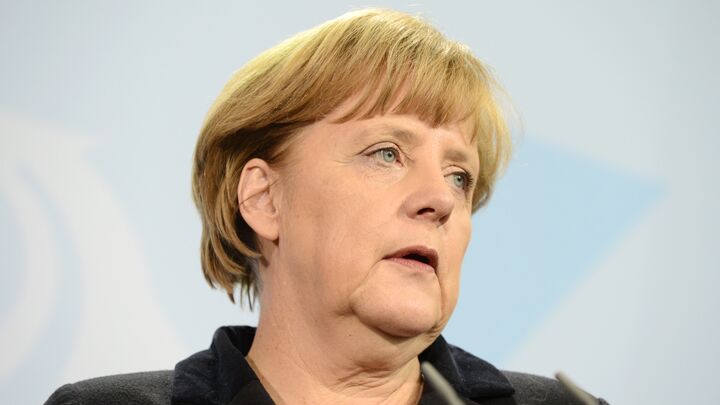
How Big Was Angela Merkel’s Election Victory in Germany?
In Germany’s latest elections, Chancellor Angela Merkel secured a third term and led her party to its best election result in over 20 years.
The German press is hailing it as a mighty political accomplishment. “Her election victory was not just a victory, but a triumph,” wrote Süddeutsche Zeitung. “It is her triumph, not that of her party.”
As director of the think tank Open Europe, Mats Persson called it “a massive public endorsement for Angela Merkel, who has established herself as the most powerful female politician ever.”
Merkel’s Christian Democratic Union (cdu) and its sister party the Christian Social Union (csu) won 41.5 percent of the vote, coming just five votes short of an overall majority. Any political party receiving less than 5 percent of the vote gets no parliamentary seats. Once all these small parties were eliminated, Merkel held 49.4 percent of the votes.
Had the cdu crossed the 50 percent mark, Merkel could have claimed the chancellorship without the need of a coalition partner. Such a feat is extremely rare in Germany. The only time a single party has won an election outright after World War ii was in 1957 under Konrad Adenauer.
Nevertheless, despite the press’s swooning, it is important to place this victory in the context of current events in Germany.
Chancellor Merkel has steadily stood up for Germany’s interests in Europe. In a sign of how well Germany is going, Merkel is the only leader within the eurozone to be reelected since the eurocrisis intensified in 2010. Twelve out of the 17 eurozone governments have fallen.
This result isn’t because of Merkel’s spectacular leadership skills. She is a solid leader, but is neither inspired nor inspiring.
Instead, Merkel won because of the spectacular lack of leadership everywhere else. There is simply no other candidate that Germans could see doing the job.
Despite her win, the future is hardly rosy for Merkel. She now faces lengthy coalition negotiations. Her usual coalition party, the Free Democrats (fdp), suffered a historic defeat and fell below the 5 percent threshold—disappearing from parliament entirely. Merkel seems to be forced to form a “grand coalition” with the left wing Social Democratic Party (sdp). She did this once before, in her first term as chancellor, and the sdp still bear the scars. Their popularity plummeted after they joined the coalition, and they will require big concessions before they try it again.
The chancellor could also continue her struggles with Germany’s upper chamber, the Bundesrat. She requires the Bundesrat’s approval for most major domestic legislation. There she lacks a majority, and despite this major victory, she could encounter political deadlock.
The Trumpet has long forecast a radical change in German and European politics and the arrival of a new strong leader. Despite Merkel’s win, Germany still lacks strong leadership. Its politics could easily become bogged down. Continue to watch for the arrival of this leader. For more information on this strong leader, read our article “A Deadly Secret Plot Has Been Uncovered.”
